: 2026
: 2025
: 2024
: 2023
: 2022
: 2021
: 2020
: 2019
: 2018
: 2017
: 2016
: 2015
: 2014
: 2013
: 2012
: 2011
: 2010
: 2009
: 2008
: 2007
:



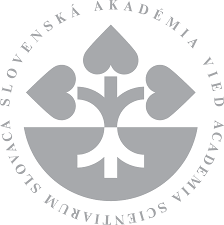


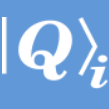
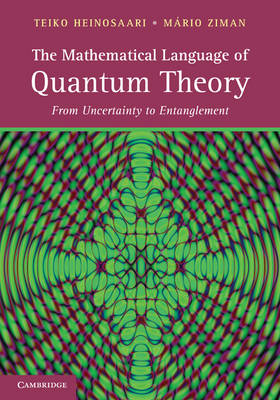
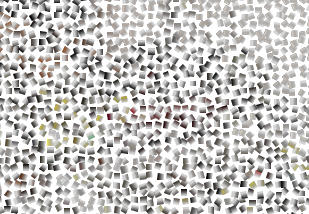 04.07.2021 Job opening
04.07.2021 Job opening
Postdoc opening We are opening postdoc position in the area of theoretical quantum information. In particular, we look for a young researcher capable of leading independent research in the area of foundations of quantum physics and generalized probabilistic theories. Candidates having background in measureent theory will be prefereed, since the position is partially financed from the national project with the similar focus. Successful candidate is expected to work in close collaboration with Michal Sedlák and Mário Ziman. The position is offered for one year with a basic gross salary 1900 eur/month and expected start is in September 2021. The application consists of CV (including list of publications), research statement (short summary of personal research interests and plans), and three names of potential referee we might ask for recommendation letters. Please send all this information to Michal Sedlak by email (michal.sedlak@savba.sk) before 02/08/2021. Only complete applications will be considered. |
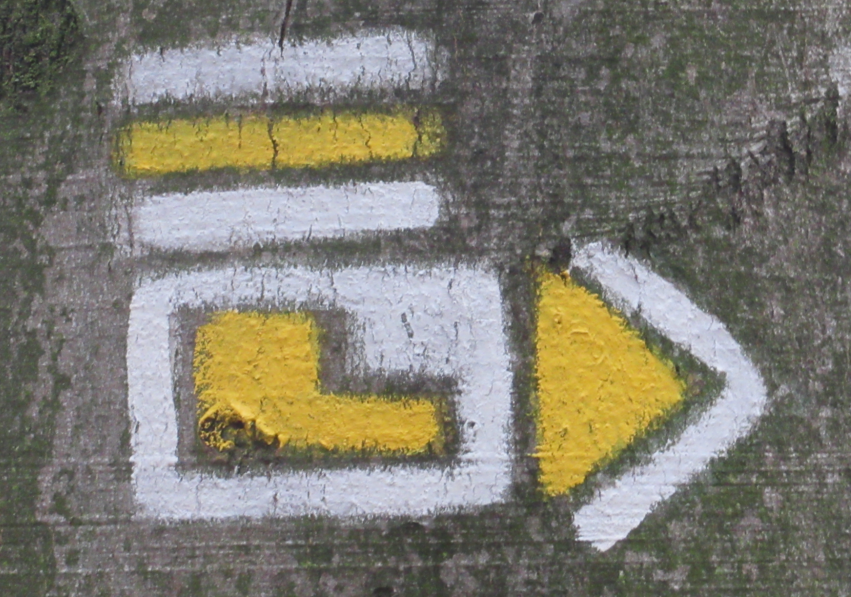 15.06.2021
15.06.2021
List of selected students for summer internships František Dráček (master, University of Lausanne, Switzerland) - supervised by Andrej Gendiar Akhil Gupta (master student, Delhi Technologigal Institute, India) - supervised by Mario Ziman* Rohan Joshi (master student, Delhi Technologigal Institute, India) - supervised by Mario Ziman* Štefan Liščák (master student, Comenius University, Slovakia) - supervised by Andrej Gendiar supervised by Andrej Gendiar Matej Moško (bachelor student, Comenius University, Slovakia) - supervised by Andrej Gendiar Mária Polačková (master student, Imperial College London, United Kingdom) - supervised by Andrej Gendiar *virtually |
 16.04.2021 Publication
16.04.2021 Publication
Self-consistency of the two-point energy measurement protocol
A thermally isolated quantum system undergoes unitary evolution by interacting with an external work source. The two-point energy measurement (TPM) protocol defines the work exchanged between the system and the work source by performing ideal energy measurements on the system before and after the unitary evolution. However, the ideal energy measurements used in the TPM protocol ultimately result from a unitary coupling with a measurement apparatus, which requires an interaction with an external work source. For the TPM protocol to be self-consistent, we must be able to perform the TPM protocol on the compound of the system plus the apparatus, thus revealing the total work distribution, such that when ignoring the apparatus degrees of freedom, we recover the original TPM work distribution for the system of interest. In the present paper, we show that such self-consistency is satisfied as long as the apparatus is initially prepared in an energy eigenstate. Moreover, we demonstrate that if the apparatus Hamiltonian is equivalent to the “pointer observable,” then (i) the total work distribution will satisfy the “unmeasured” first law of thermodynamics for all system states and system-only unitary processes, and (ii) the total work distribution will be identical to the system-only work distribution for all system states and system-only unitary processes if and only if the unmeasured work due to the unitary coupling between the system and apparatus is zero for all system states.
by
M. Hamed Mohammady
Phys. Rev. A 103, 042214 (2021) | +++ | OPEQ (19MRP0027), OPTIQUTE (APVV-18-0518), HOQIP (VEGA 2/0161/19), |
 11.03.2021 Seminar
11.03.2021 Seminar
Bilateral Meeting with NTU (Taiwan) Today (11/03/2021) we enjoyed the meeting with researchers from National Taiwan University. The program was as follows: Bratislava time/ Taiwan time 10:00-10:30/17:00-17:30 Forewords Prof Ching-Ray Chang: Overview of research activities Prof Vladimir Buzek: Overview of research activities 10:30-11:10/17:30-18:10 Experiments Prof. Yen-Hung Chen: Integrated Photonic Quantum Source Prof. Miroslav Grajcar: Single-photon nanowire detectors 11:10-11:50/18:10-18:50 Theory Prof Tsung Wei Huang: The applications of quantum annealing and new concepts in VQE Dr. Daniel Reitzner: Quantum walks 11:50-12:00 / 18:50-19:00 Wrap up |
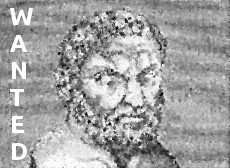 03.03.2021 Job opening
03.03.2021 Job opening
PhD positions available Interested to join our research team for four years of you life? That is exactly the time the PhD study takes. Currently, we have open several PhD positions at our Institute. We are open for submissions until 31/03/2020) with PhD starting in September 2020. If interested, as the first step, please get in contact with a potential PhD advisor (send them your cv, motivation letter and contacts to potential references), discuss the subject and follow his/her instructions. Do not wait until the submission deadline and do this as soon as possible. |
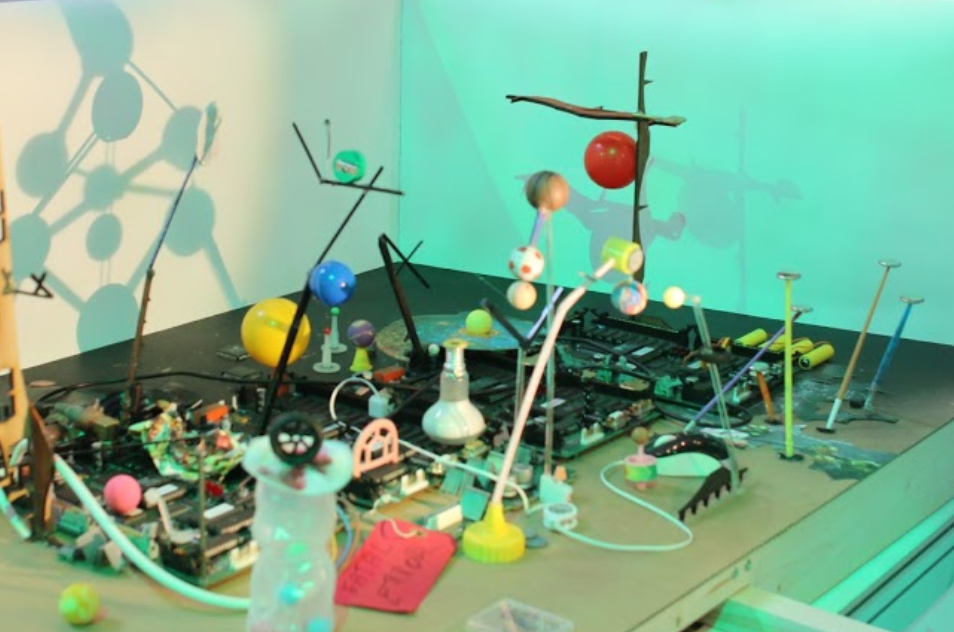 03.03.2021 Job opening
03.03.2021 Job opening
Open for student internships Are you a high-school, or an university student seeking for a research experience in our group? Do not hesitate to contact us in advance (at least two months before the intended internship) via email to maria.surovcova@savba.sk. In your email shortly explain your motivation (at most 1 page), potential dates (preferences for May/June/September/October), duration (2-6 weeks) and whether you request financial support. We have (limited) resources to cover living expenses for you for several weeks. For undergraduate and graduate students we are ready to support your applications at scholarships.sk offering research stays of several months (deadlines are at the end of April and end of October). There is no strict deadline for applications and we are reviewing them every monthly. In order to get our support we recommend to apply before the end of March. This year the possibility of internship strongly depends on the unpredictable COVID situation. So far we are restricting plans for internships for August/September and later dates. |
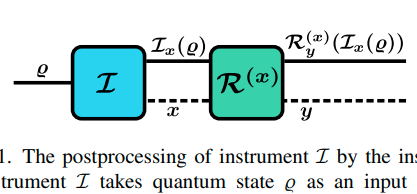 25.02.2021 Publication
25.02.2021 Publication
Postprocessing of quantum instruments
Studying sequential measurements is of the utmost importance to both the foundational aspects of quantum theory and the practical implementations of quantum technologies, with both of these applications being abstractly described by the concatenation of quantum instruments into a sequence of a certain length. In general, the choice of instrument at any given step in the sequence can be conditionally chosen based on the classical results of all preceding instruments. For two instruments in a sequence we consider the conditional second instrument as an effective way of postprocessing the first instrument into a new one. This is similar to how a measurement described by a positive operator-valued measure (POVM) can be postprocessed into another by way of classical randomization of its outcomes using a stochastic matrix. In this work we study the postprocessing relation of instruments and the partial order it induces on their equivalence classes. We characterize the greatest and the least element of this order, give examples of postprocessings between different types of instruments, and draw connections between postprocessings of some of these instruments and their induced POVMs.
by
Leevi Leppäjärvi and Michal Sedlák
Phys. Rev. A 103, 022615 (2021) | +++ | OPTIQUTE (APVV-18-0518), HOQIP (VEGA 2/0161/19), HIPHOP (QuantERA project), QISS (JTF No. 61466) |
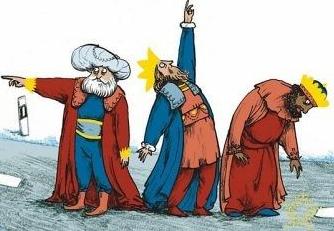 27.01.2021 Conference
27.01.2021 Conference
Three kings conference / Trojkáľová konferencia Annual one day meeting of Czech and Slovak physicists will be held on January 27th online. More information and registration form are available on the meeting website http://unix12.fzu.cz/3KK-2021/. |
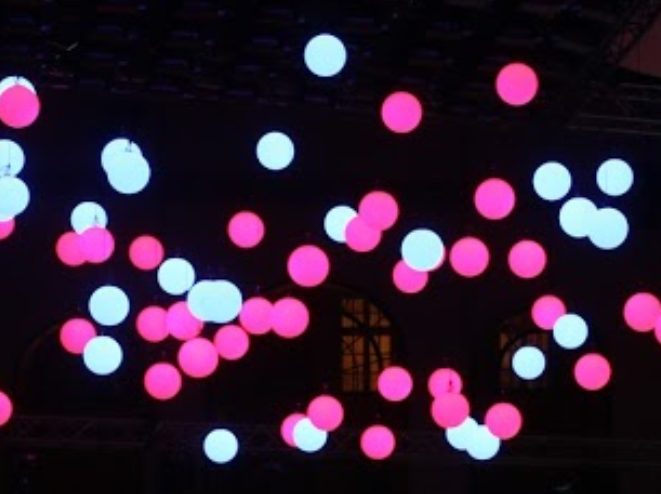 08.01.2021 Publication
08.01.2021 Publication
Pinned quantum Merlin-Arthur: The power of fixing a few qubits in proofs
What could happen if we pinned a single qubit of a system and fixed it in a particular state? First, we show that this leads to difficult static questions about the ground-state properties of local Hamiltonian problems with restricted types of terms. In particular, we show that the pinned commuting and pinned stoquastic Local Hamiltonian problems are quantum-Merlin-Arthur–complete. Second, we investigate pinned dynamics and demonstrate that fixing a single qubit via often repeated measurements results in universal quantum computation with commuting Hamiltonians. Finally, we discuss variants of the ground-state connectivity (GSCON) problem in light of pinning, and show that stoquastic GSCON is quantum-classical Merlin-Arthur–complete.
by
Daniel Nagaj, Dominik Hangleiter, Jens Eisert and Martin Schwarz
Physical Review A 103, 012604 (2021) | +++ | OPTIQUTE (APVV-18-0518), HIPHOP (Quantera project 731473) |


